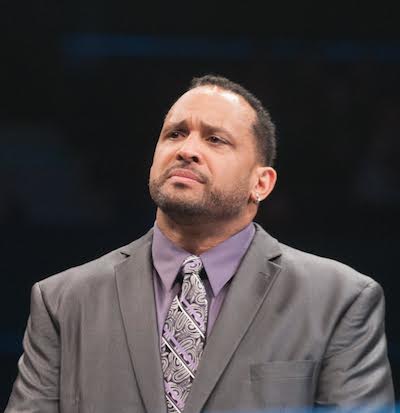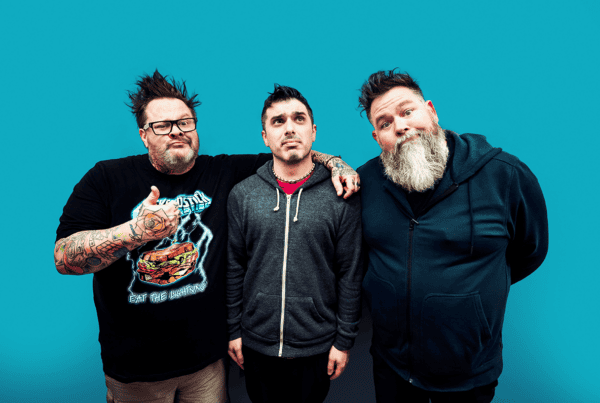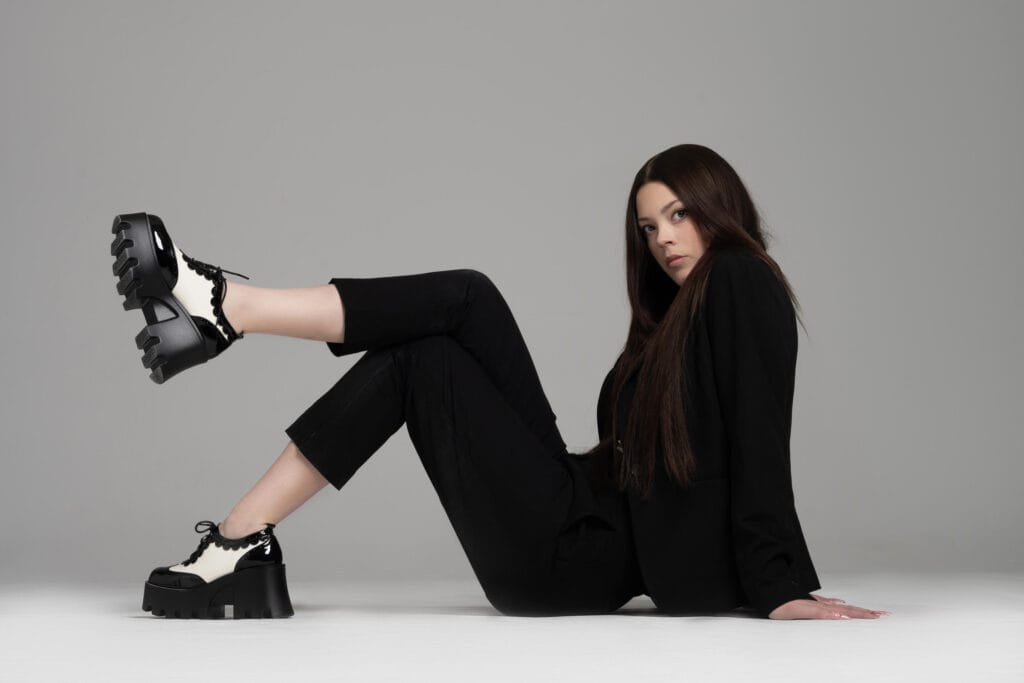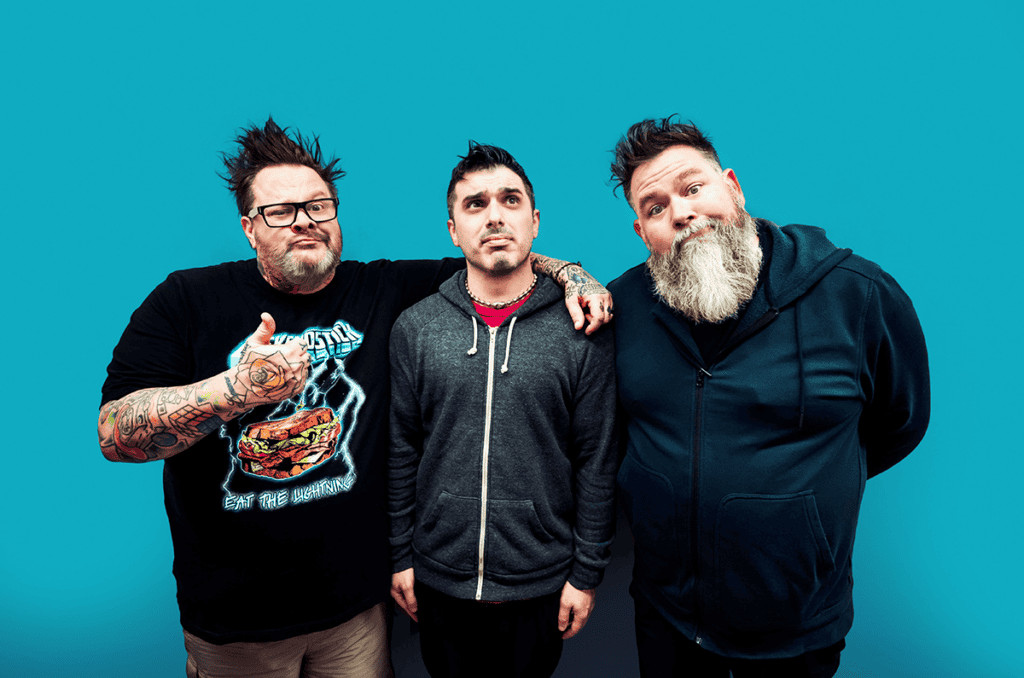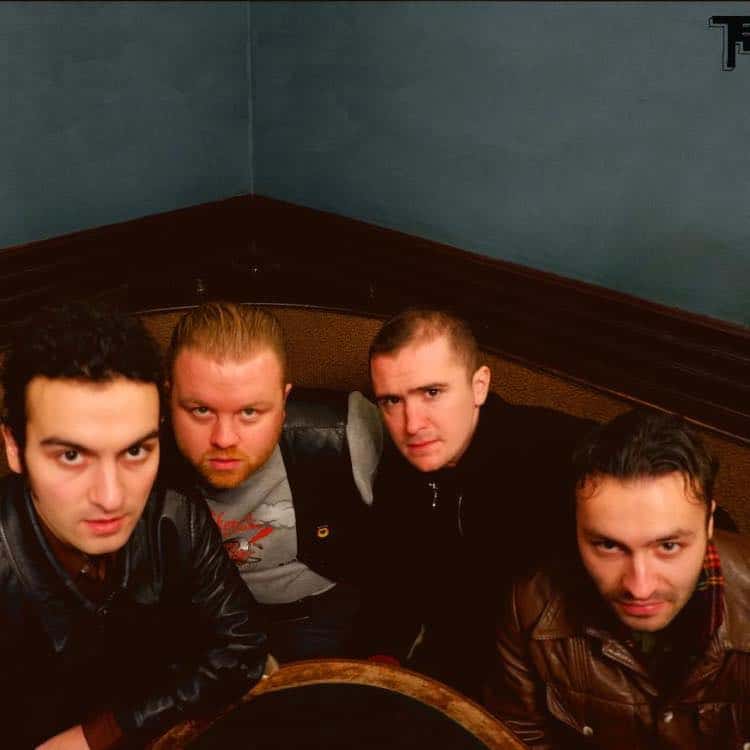In our latest interview, we chat to Total Nonstop Action’s MVP about his career.
S] So, you are in Manchester at the moment, I hear you are a big United fan, do you get chance to spend much time there?
MVP] “I try to get out here at least once or twice a year to get down to Old Trafford and catch a match, my mate Joel Ross [radio DJ best known as host of Wrestletalk TV and one half of JK & Joel] lives up here so I’ll crash at his place and we raise a little hell together. Great city, great people, as a matter of fact I have been told I’m an honorary citizen of the Republic of Mancunia.”
S] Fantastic. So what was your first exposure to United?
MVP] “I was 13 or 14 and I worked delivering newspapers, the guy that drove, who owned the route was an English guy called Victor and he would go on about Man United, back then it wasn’t even the Premier League. I didn’t know anything about it, I mean I knew Pele and played after school but as far as the big leagues I didn’t know much about it. I recognised the name Manchester United, I remember reading an article about how there were American investors and it was growing in popularity. I kept hearing about Arsenal, Chelsea, United and I realised ‘Wait a minute, that’s Victor’s team’. Because they were the first team I had heard of, that’s how I became a fan. That’s how I chose the team, but then when Eric Cantona came on and started doing what he did I knew ‘Oh yeah, this is my team’.”
S] What was it that drew you to Cantona, was it his flair and edginess?
MVP] “Absolutely, I mean, he was special and he could execute like very few could, he wasn’t over the top, nowadays you have lots of people that try to behave that way because they want the camera, they want the attention. To the point sometimes where there are too many pro athletes who want to be noticed. To me, he was one of the original pioneers of being ‘that guy’ without trying to be. That’s just who he was. There was a very natural swagger he had, that intangible ‘IT factor’. He had it, his skills, his personality and everything else. He said something like ‘if being different is being crazy then I’m very happy to be that’ and I thought, yeah that works.”
On a different note, you left WWE, went to New Japan and now of course you are in TNA, in control of things. How is it being back, in this new phase of your career with TNA?
MVP] “I’m still very much in the honeymoon phase; it is a brand new relationship and the reception I got in Glasgow when I returned was humbling to say the least, which was amazing. The locker room in TNA is amazing, such an incredibly talented pool of men and women and just the work ethic, top-tier professionals all the way round. Been a pleasure to work with, so it is indeed a new chapter of my career and you and I, we are turning the pages together.”
You obviously have a lot of experience of working internationally. What was it like being able to learn and develop in another culture? What have you learned about yourself, and as a performer?
MVP] “I think it was Ric Flair who once said that you never stop learning, and when you do it’s time to quit. It was always my belief that the best professional wrestlers in the world were in Japan, and when I was coming up, WWE was my goal, but Japan was my dream. My favourite wrestlers were Japanese, I appreciated the fact that in Japan wrestling was more sport than spectacle, and that was something that drew me to it, and most guys who lace up their boots to wrestle will tell you that if you can make it in Japan, you make it just about anywhere, as far as work rate is concerned. In japan there is no emphasis on mic skills and promo ability. It is primarily about your ability to perform in that ring. To be accepted into that locker room by my peers, many of whom I consider to be legends in the industry was a huge medal of honour, if you will. What I learned about myself was that I went to Japan, it recharged my batteries, all of a sudden wrestling was exciting again, and you can quote me on this ‘I hate the business of pro wrestling, I love the art of pro wrestling.’ Going back to Japan took me back to the art. People ask me why did you leave WWE? It is less money, less notoriety, and the best analogy I can come up with is an actor getting away from Hollywood and all the CGI and special effects to go do a play on Broadway. That is kind of where I felt I was at that point in my career, and I did it successfully, so I know that I am capable of being a top-tier professional anywhere I go and that meant a lot to me.”
It’s nice to hear that someone who is very good at all the glitz and glamour of the wrestling business appreciates the art of it too.
MVP] “It is an art, it is a craft and people sometimes forget that, because we simulate combat, but at the end of the day it is an art form and to be accepted by the top performers of that art form, throughout the world as a peer, well, what better accolade is there than your peers saying you are one of us?”
Obviously, you have a lot of things going on, working on music, but what inspires you outside of wrestling?
MVP] “Well my musical tastes are so eclectic and diverse, I like music, I don’t get caught up in genres. If it sounds good and I like it, that’s the long and short of it. As far as my music, I wouldn’t call it a career; it’s a hobby, a labour of love. If it became a job I probably wouldn’t want to do it. I create music because I enjoy it, and I put it out for my fans to enjoy and if all of a sudden I found myself offered a recording contract and I had to go to the studio and I had deadlines, and I had to go on tour, I probably wouldn’t want to do it. I’ve recently fallen in love with Brazilian jujitsu, when I left New Japan I took a year off from wrestling, apart from a couple of matches, I spent the entire year immersed in Brazilian jujitsu, training two or three times a day, five or 6 times a week, travelling out to the west coast training with the Gracie’s in California and in catch wrestling with Josh Barnett. Going to Jersey to train with Kurt Pellegrino, going everywhere and trying to learn as much as I could. I competed in a number of tournaments and did very well; the beautiful thing about jujitsu is that it is an actual competition so there is no politics about who gets to win and who gets to be the star. It’s not about that. It’s me, and you, and our skills on the mat and who is better. I really like that challenge, I like stepping on the mat and either you win or you lose.”
Final question, what are you going to look back on, when you are 80 and in your rocking chair, when you finally sit back and reflect, maybe in wrestling, maybe not, as being the highlights?
MVP] “That’s tough; I’m 40 now and becoming much more aware of my mortality. If I’m lucky, I’m halfway there. I am a professional wrestler; we don’t tend to last long though, if I’m around 10 years from now, I’ll be pretty thrilled. Looking back, this has been such an amazing journey, the peaks and valleys I have been able to experience via pro-wrestling and people I have met, I don’t think there will be any one particular time in my life that I look back on and think ‘hey, that was the best time of my life’. I remember when I was being trained, a good friend of mine, Dave Johnson, who was one half of The Blackhearts, he told me The Great Malenko told him ‘there is no jewel at the end of the journey, the journey is the jewel.’ When I get to that point, if I see elderly years and sit back and think about my life I have regrets, but for the most part I try to live so I don’t have regrets. I’m one of those people who believes it is better to regret the things you did than the things you didn’t, so if I’m home, and I feel like it, I’ll jump on a plane to London with my mates, I’ll grab a train to Manchester and catch a match. I live life, too many people exist, they get on the Tube twice a day, work ten hours a day, get home, watch a little telly, go to sleep and repeat the process. That’s not living, that’s existing. I just want to be able to look back and say, you lived.”

